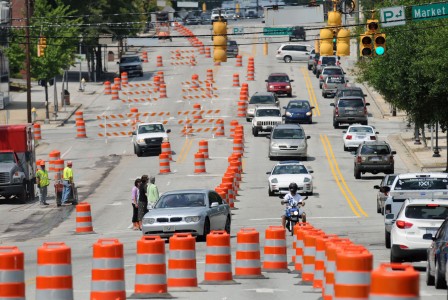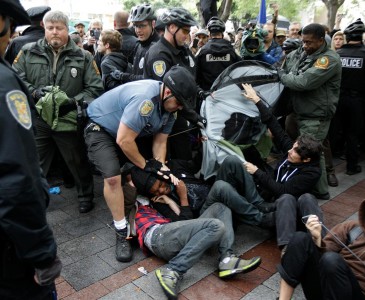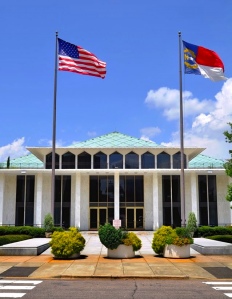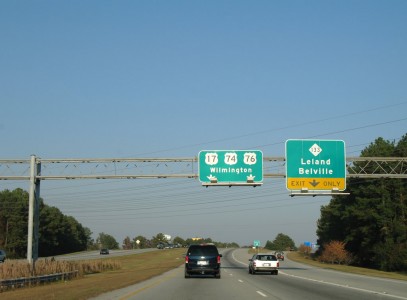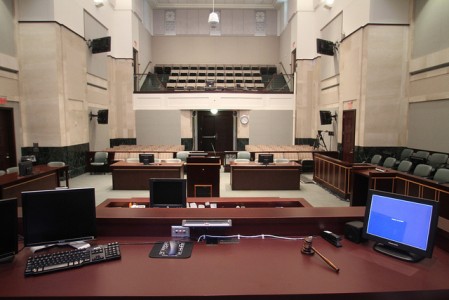Court Costs – New Impaired Driving Fee
December 1st, 2011 Effective for offenses committed on or after December 1, 2011 the General Assembly of the State of North Carolina has enacted a new, additional court cost specific to impaired driving offenses, which took effect on December 1, 2011.
Effective for offenses committed on or after December 1, 2011 the General Assembly of the State of North Carolina has enacted a new, additional court cost specific to impaired driving offenses, which took effect on December 1, 2011.
Unlike most changes to court costs which were enacted during the past years and which typically took effect for costs assessed or collected on or after the effective date of the enacting legislation, this cost applies only to convictions for offenses committed on or after December 1, 2011. The fee may not be assessed for offenses committed prior to that date.
The new fee of $100 is to be assessed in addition to all other costs applicable to the case; it does not replace any other costs. E.g., it is assessed in addition to the Chapter 20 fee of G.S. 7A-304(a)(4b), not in lieu of it. The cost is to be assessed only upon conviction, so the fee should not be assessed unless the defendant is convicted of one of the following offenses: Impaired driving, G.S. 20-138.1; Impaired driving in commercial vehicle, G.S. 20-138.2; Operating a commercial vehicle after consuming alcohol (second or subsequent convictions, only), G.S. 20-138.2A; and Operating a school bus, activity bus, or child care vehicle after consuming alcohol (second or subsequent convictions, only), G.S. 20-138.2B.
Because it is a court cost under G.S. 7A-304, waiver of this fee requires that the court make a finding of just cause for the waiver, pursuant to G.S 7A-304(a).
Collins Law Firm regularly represents people charged with impaired driving offenses with court appearances in New Hanover, Pender, and Brunswick County. If you were charged, you should contact a lawyer or attorney at Collins Law Firm at 910-793-9000 for a consultation.
By Jana Collins, Office Manager

